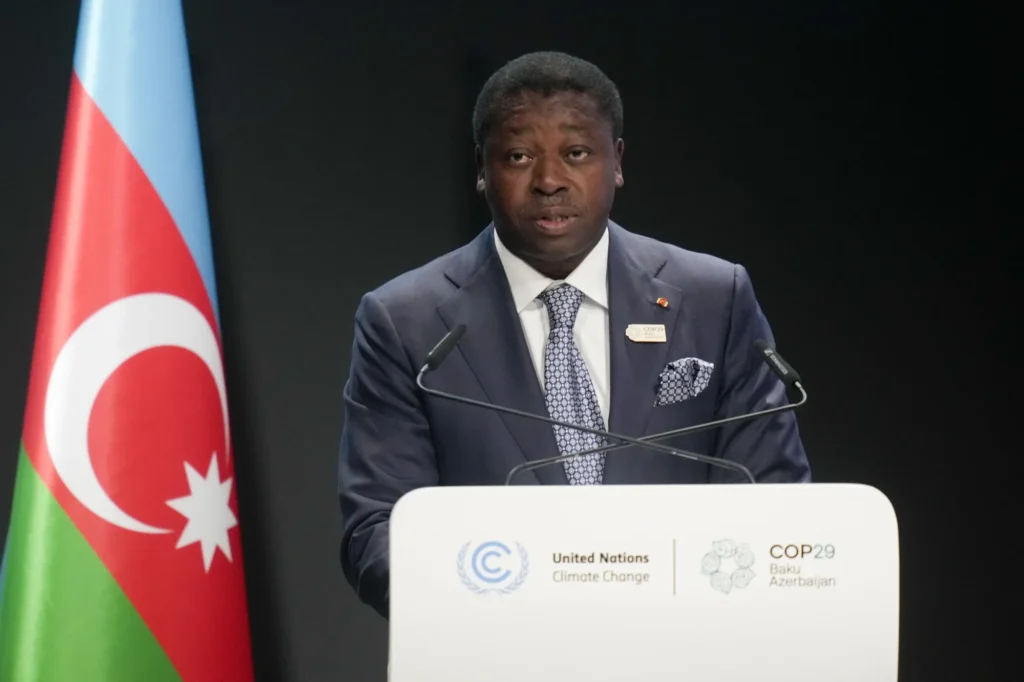Togo’s New Political Landscape: Faure Gnassingbé Assumes New Role
In a significant political shift, Faure Gnassingbé has officially taken the oath of office as the “President of the Council of Ministers” in Togo. This newly established position represents the peak of authority within the government’s executive branch and is characterized by an absence of formal term limits. The move is a direct consequence of recent constitutional reforms that abolished presidential elections and transitioned the nation towards a parliamentary governance system.
The opposition has voiced strong concerns regarding these changes, claiming they are designed to facilitate Gnassingbé’s extended grip on power. The Gnassingbé family has governed Togo for an extensive 58 years, with Faure succeeding his father, Gnassingbé Eyadéma, who presided over the country for nearly four decades before his death in 2005.
Controversial Constitutional Reforms
The alterations in Togo’s governance structure stem from a new constitution that lawmakers ratified last year. This legislation has been denounced by critics and opposition leaders as an “institutional coup d’état.” Despite facing significant public dissent, including protests that temporarily halted some reform initiatives, the government has proceeded with the implementation of the new role.
| Position | Role | Tenure |
|---|---|---|
| Gnassingbé Eyadéma | President | 1967 – 2005 |
| Faure Gnassingbé | President of the Republic | 2005 – Present |
| Faure Gnassingbé (New Role) | President of the Council of Ministers | 2025 – Present |
Political Implications and Future Elections
The upcoming municipal elections in July 2025 are set to become the first to occur under this revised constitutional framework, which effectively replaces the previously established presidential system with parliamentary governance. In theoretical terms, the presidential role is now relegated to a largely ceremonial function. However, political analysts assert that the new role granting Gnassingbé control over the council positions him as a more powerful entity than ever before.
The ruling party, Union for the Republic, enjoyed a sweeping victory in the parliamentary elections held last year, securing 108 out of the 113 seats in the National Assembly. This overwhelming majority has raised alarms among opposition groups and observers, intensifying fears regarding the potential for authoritarian rule in the West African nation.
As Togo navigates these tumultuous political waters, the implications of Gnassingbé’s extended reign and the newly introduced parliamentary system are yet to unfold, but one thing remains clear: Togo’s political future is at a crucial crossroads.


